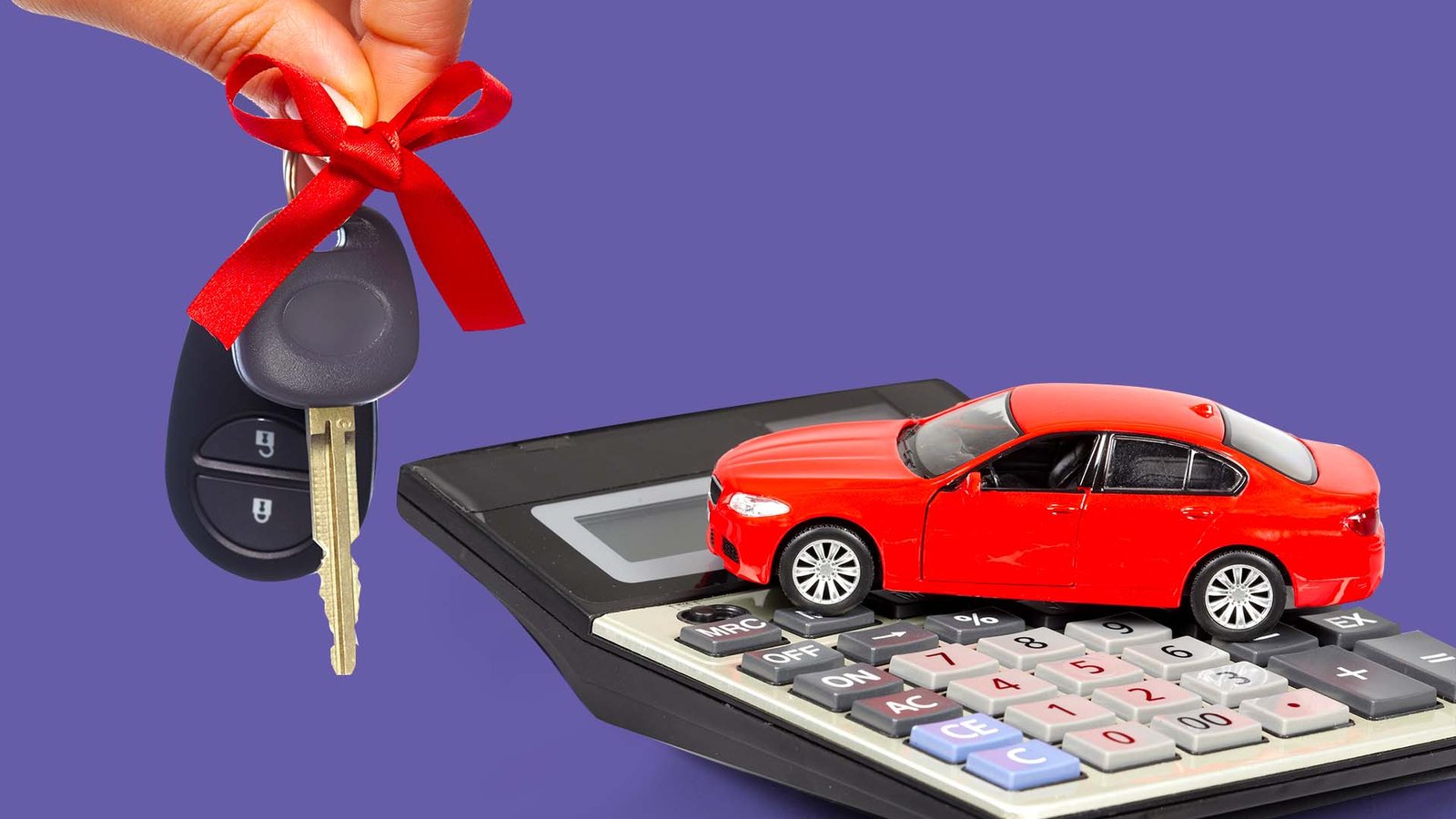Certain factors might be considered when you plan to buy a four-wheeler. You may get confused between a new car and a preowned one. In this regard, the financial aspect plays a significant role. Though you can get monetary assistance through a Car Loan, determining what you need is essential.
The decision isn’t just about the car itself but also about the type of loan you’ll need. Both new and used car loans have their advantages and considerations, including interest rates, loan terms, and overall costs. Understanding the differences between these two options can help you make an informed decision that aligns with your financial goals.
This article explores the key factors to consider when choosing between a new car loan and a used car loan.
Interest Rates and Loan Terms
The interest rate is one of the most significant differences between new and used car loans. Typically, used car loan interest rates are higher than those for new cars. This is because used cars have a lower resale value and are considered riskier by lenders. The higher interest rate on a used car loan can result in higher monthly payments and a higher total cost over the life of the loan.
On the other hand, new car loans usually come with lower interest rates. This is because new cars have a higher resale value, and lenders are more confident in recovering their money if the borrower defaults. Additionally, new car loans often come with longer repayment terms, allowing you to spread the cost over a more extended period. However, this can also mean paying more in interest over time, even with a lower rate.
Depreciation and Value Retention
Another crucial factor to consider is depreciation. New cars lose value quickly, losing up to 20% in the first year alone. This rapid depreciation can be a downside if you take out a large loan for a new car. If you decide to sell the car after a few years, you might find it worth significantly less than what you owe on the loan.
Used cars, on the other hand, have already gone through the most significant depreciation period. This means they retain their value better over time. When you take out a used car loan, you’re less likely to find yourself in a situation where you owe more than the car is worth. However, it’s essential to consider a used car’s condition and maintenance costs, as these can impact the overall value and cost of ownership.
Loan Approval and Flexibility
Loan approval criteria can also vary between new and used car loans. Lenders are generally more willing to offer favourable terms on new car loans, as they consider new cars less risky. If you have a good credit score, you’ll likely secure a lower interest rate and better loan terms for a new car.
Used car loans may come with stricter approval criteria, especially if the car is older or has high mileage. Lenders may require a larger down payment or shorter loan terms for used vehicles. Additionally, used car loan interest rates can vary widely depending on the lender and the specific vehicle you’re buying. Shopping around and comparing offers is essential to find the best deal for your situation.
Must Read:- 9 Best Ways to Improve Your Car Mileage
Overall Cost and Budget Considerations
When choosing between a new and used car loan, it’s essential to consider the overall cost of the loan and how it fits into your budget. While new cars often come with lower interest rates, the higher price tag and longer loan terms can result in higher overall costs. On the other hand, a used car loan might have a higher interest rate, but the lower purchase price and shorter loan term can make it more affordable in the long run.
Consider your financial situation and long-term goals when making your decision. A new car loan might be the better option if you’re looking for lower monthly payments and the latest features. However, if you’re focused on minimising your debt and maximising value, a used car loan could be the smarter choice.
Must Read: Expert Tips and Strategies to Secure the Lowest Bike Loan Interest Rates
Conclusion
Deciding between a new and used car loan depends on your financial circumstances and preferences. While new car loans often offer lower interest rates and longer terms, they come with higher costs due to depreciation. With their higher interest rates, used car loans may be more budget-friendly in terms of the purchase price but require careful consideration of the car’s condition and future value. By weighing the pros and cons of each option, you can choose the loan that best suits your financial needs and helps you achieve your goals. Whether you opt for a new or used car, understanding your loan details will ensure an intelligent and informed decision.



